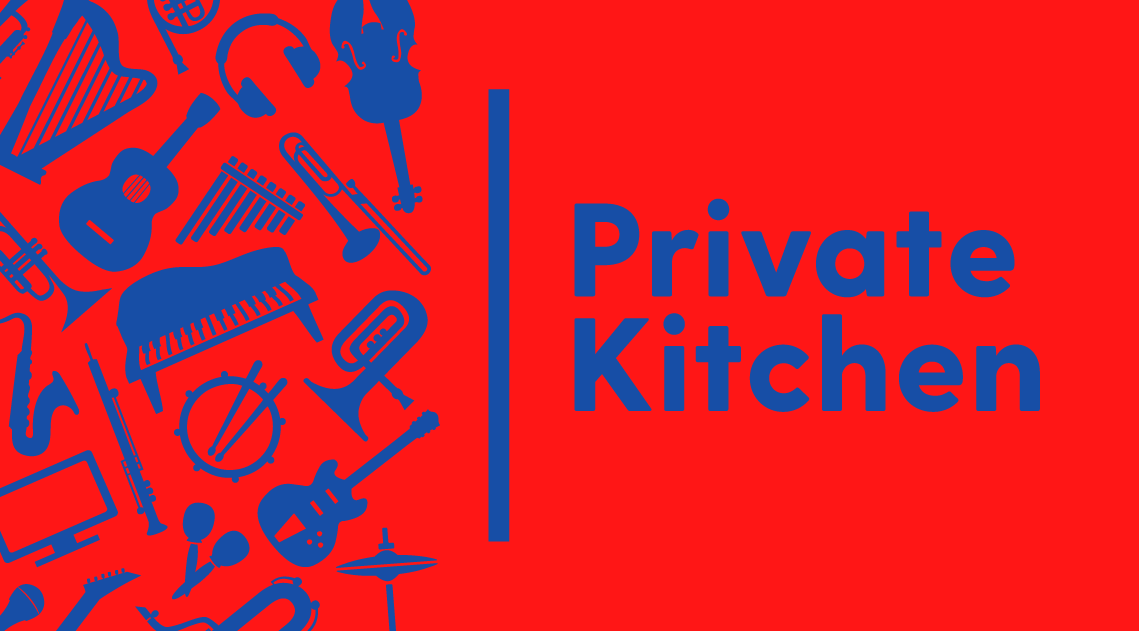Culture in the Age of AI – Rediscovering the Human Flaws
by Erwin Angad-Gaur
It almost seems like a logical next step: if we’ve spent years optimizing our music for algorithms, why not let those algorithms just create the music themselves?
The rise of AI understandably causes unease, including – or even especially - in the cultural sector. The technology is evolving rapidly. The boundaries between creating and generating are blurring. Regulation is lagging behind. What does this mean for creativity, for employment, for the intellectual property of composers, writers, and artists? What does it mean for fair distribution of revenues? These are important questions to which politics—judging by current party manifestos—hardly seems to have answers.
But perhaps there is also another question. Maybe AI isn’t the death of culture, but rather the shock it has long needed.
It wouldn’t be the first time in history that a technological revolution turns culture on its head. During the Industrial Revolution for example, our relationship with labor, craft, and aesthetics changed profoundly. Mass production rendered handmade art objects obsolete. Photography erased the idea of the painter as an eye that records reality. Capturing the world became possible at the push of a button. Painting lost its monopoly on realism and had to reinvent itself. Artists were pushed to explore new directions: introspection, abstraction, interpretation. From Impressionism to Expressionism, from abstraction to conceptual art, the focus shifted from representation to vision. What was first seen as a threat, eventually became a source of innovation.
Something similar happened in music. Debussy’s soundscapes, Schoenberg’s atonal experiments, John Cage’s four minutes of silence—these were all forms of resistance and renewal, born in a time of profound social and technological transformation.
Why should now be any different?
In recent decades, our culture has increasingly been dominated by technology. The human signature has become subordinate to market logic.
In that light, AI is not so much a break as a logical continuation. The mechanism was already in place - the machine is now simply taking over the act of creation itself. And that forces us to ask a fundamental question: what do we want from culture?
As a composer and lyricist, I see how AI now generates melodies, chords, and lyrics—impressive in speed and volume, almost at the push of a button. Tempting, both for clients and fellow creators: a seemingly fast and inexpensive alternative. But it’s not the same as making music. That is why I do not - and will not - use AI tools in my own songwriting. Hybrid forms do exist, of course, but each of us must decide where to draw the line.
Like AI, like any creator, I draw on existing examples - but unlike AI, a human creator interprets them through intuition, experience and personal vision, transforming them into something new, something – hopefully – with a genuine voice. That’s how variety and development arise—how new styles and forms emerge. AI, on the other hand, merely imitates: it repeats patterns. It can mimic, but it cannot offer a new perspective on an ever-changing world. It simulates creativity without genuine awareness or intent.
If everything becomes manufacturable – if all music in the charts and in the background becomes more and more bland - then perhaps we will rediscover our longing for what cannot be made by machines. For the unpredictable, the imperfect, the authentic. For a human voice that cannot be reduced to a prompt, not polished by autotune, not sounding like a machine. In that sense, AI may trigger a new wave of radical reappraisal: live music, individuality, human rough edges. Not a return to the past, but a renewed expression of humanity in a technological age.
AI therefore requires not only regulation in copyright and labor markets, but perhaps also a cultural vision. A vision that, once again, seems absent in political thinking. AI could mark the beginning of rehumanization - cultural policy can support this by protecting and stimulating human art. History shows that culture always finds ways to reinvent itself. But what is fragile must also be protected and supported.
Erwin Radjinder Angad-Gaur is singer, composer/lyricist (www.radjinder.nl) , director of VCTN (www.vctn.nl) and chair of Platform Makers (www.platformmakers.nl).




